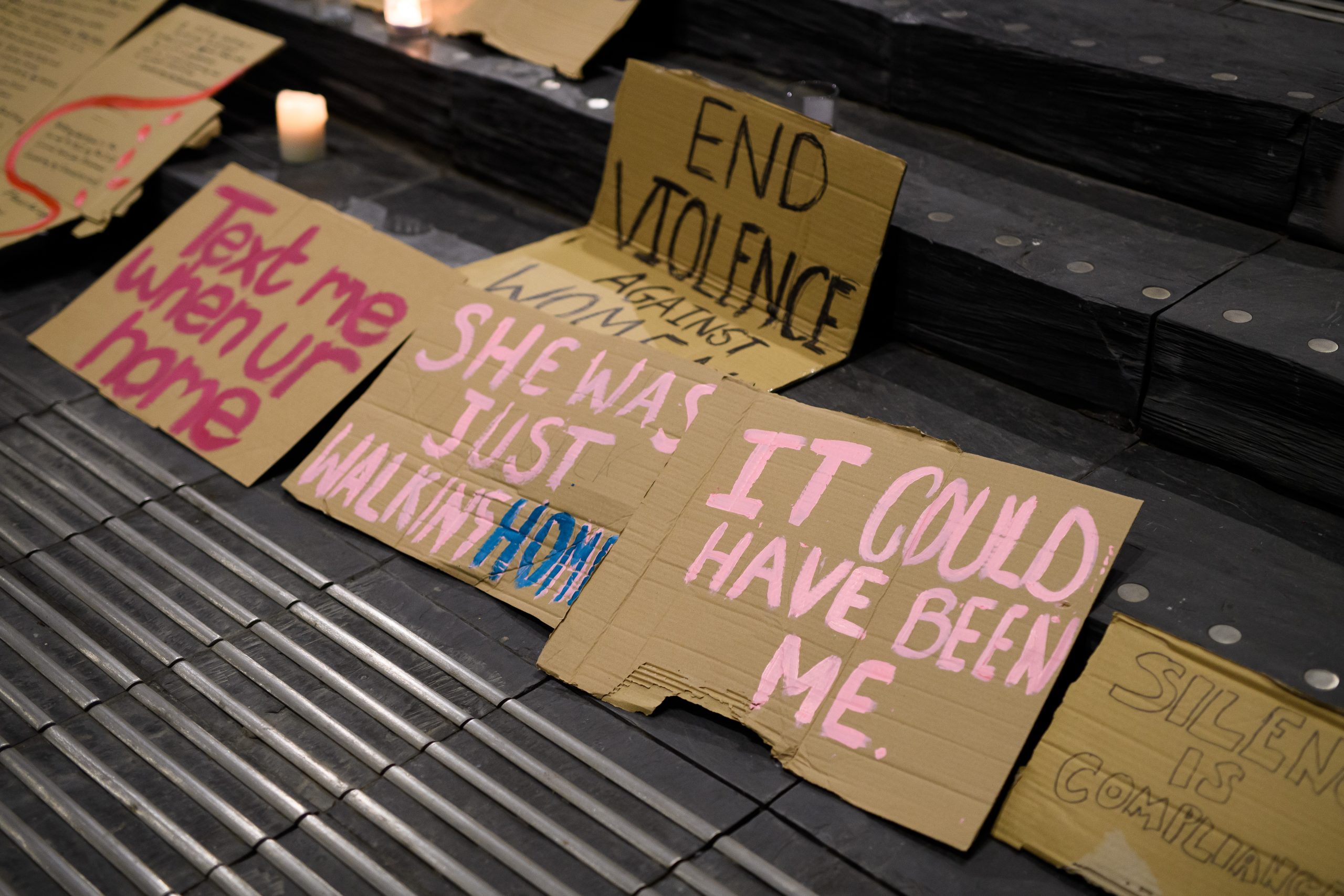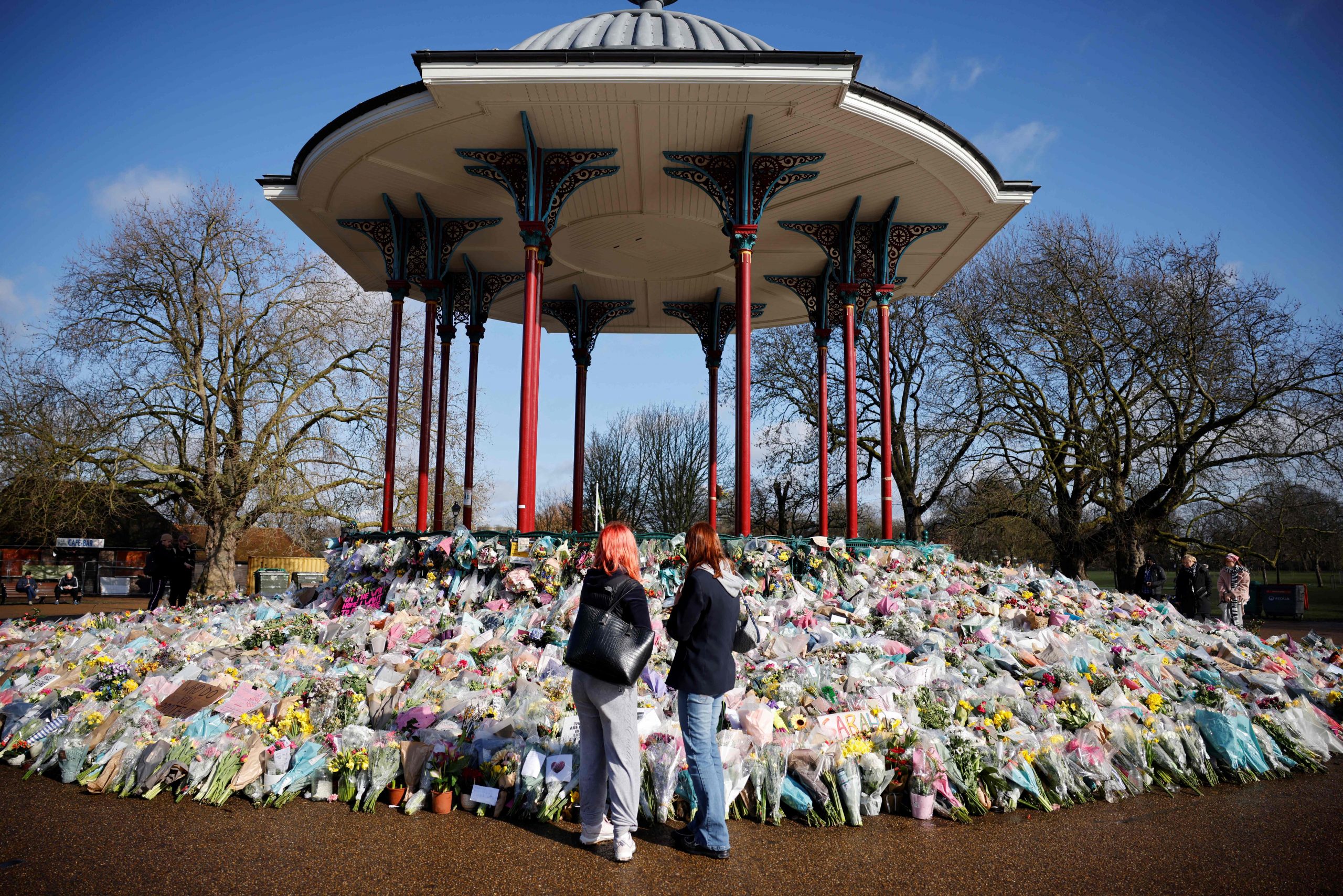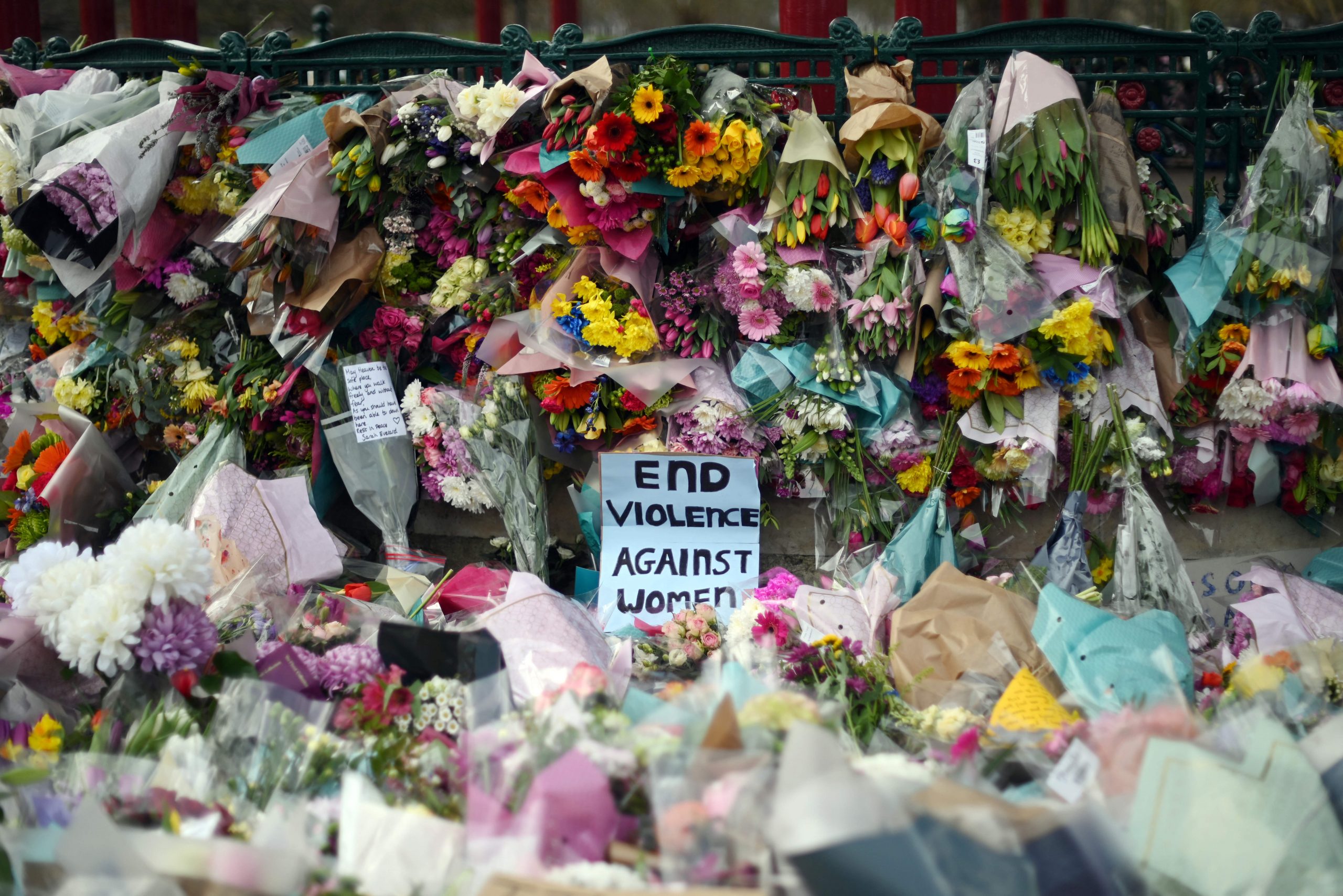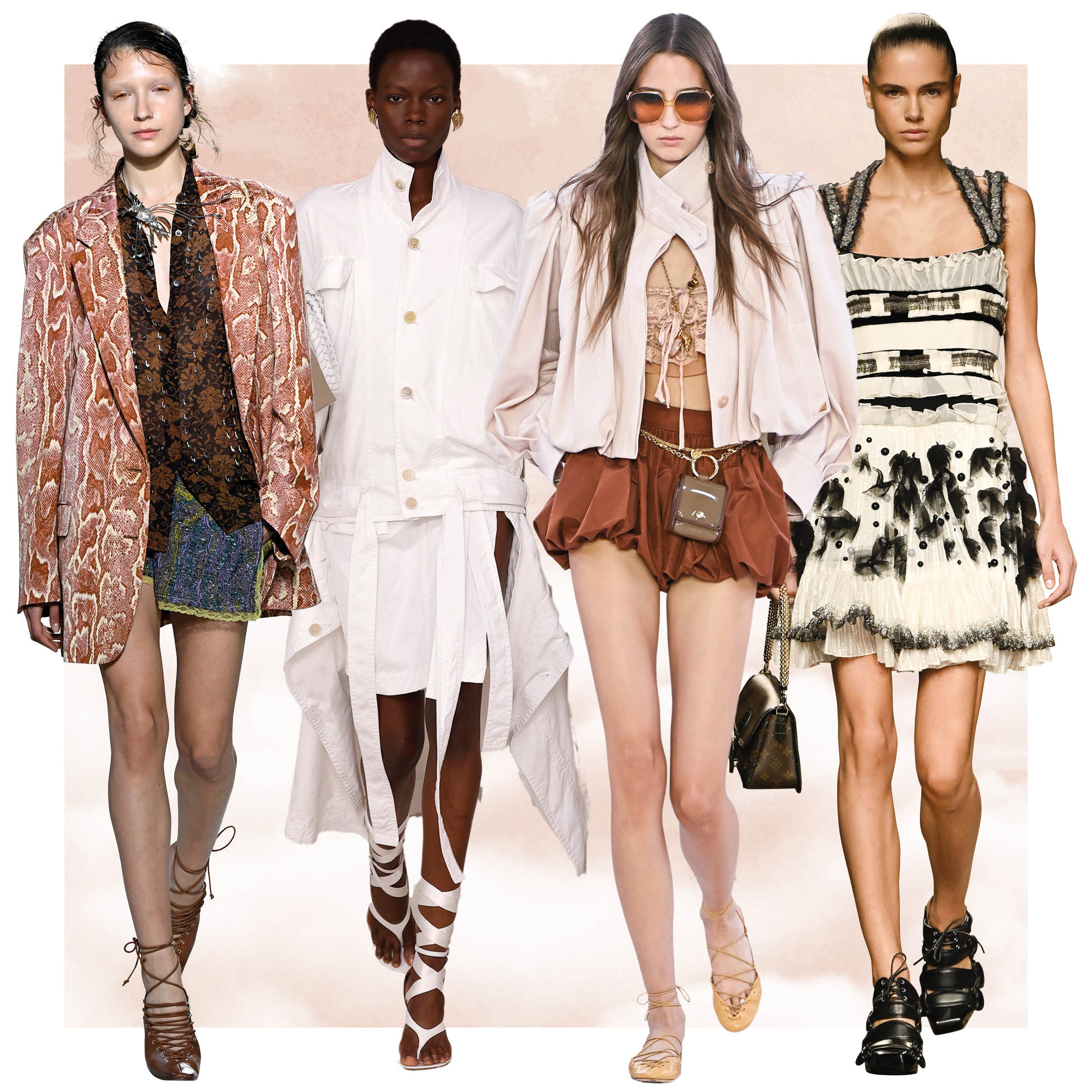UN Women UK is calling for people to take meaningful action to prevent violence against women
Words by Claire Barnett, Executive Director of UN Women UK

A year ago this week, we released a report showing the prevalence of sexual harassment in the UK. It showed that more than 7 in 10 women of all ages are being sexually harassed in public spaces, with only 3% of 18-24 year-olds telling us they hadn’t been harassed. It was shared so many times online that it reached over a billion people. That same week, yet another murder of a woman making her way home on our streets hit the news. Women and gender equality allies everywhere took to the streets demanding an end to the fear of violence, and the money and energy spent on trying to stay safe. A year on, what has changed?
Not enough, many are saying. Data from the Crime Survey of England and Wales indicates that an estimated 55,000 women are raped or sexually assaulted in public spaces every year. Workplace harassment and online abuse have soared. Five years on from the moment that #MeToo hit social media, we have to ask ourselves why progress has been so slow on this issue.

In 2020, researcher Dr William Lamb published a paper analysing the discourses of climate delay – the stories we tell ourselves about why it just isn’t possible to take meaningful action on climate change. I think we have similar problems when it comes to achieving gender equality. We tell ourselves that:
- It’s not possible; the problem is too big and too ingrained over thousands of years to have a chance of overcoming it
- We emphasise the down-side: if we don’t find the perfect solution, we shouldn’t try at all, and besides, doesn’t talking about women’s rights disadvantage men?
- We spend our valuable time and energy doing things that don’t actually move the needle on equality in any proven way, like celebratory breakfasts and poster campaigns, and so we end up with change fatigue and nothing to show for it
- Finally, many of us assume someone else will solve the problem. That charities like UN Women UK will create change so that others don’t have to, not realising our work is only possible because of the passion and actions of our community.
So over the course of the past three years, we’ve made it our mission to mobilise people around the changes we know are genuinely transformative: education, behavioural change, shifting attitudes, work with young people – in short, a focus on prevention, not just addressing attacks when they happen.

We held creative design thinking workshops with over 5,000 women and girls across the UK where they drew up their ideal world – one that is safe for all women, girls and marginalised people. We then built those visions into real solutions, with the help of experts, clinical psychologists, survivors and activists.
We're making streets and public transport safer by working with Addison Lee to train first their taxi drivers, and then the wider transport industry.
We've partnered with music festivals across the country to make their events safe, starting at Strawberries & Creem in 2021 where we trained security guards and bar staff, introduced safe campsite interventions, and created new codes of conduct for all festivalgoers.
Marie Claire Newsletter
Celebrity news, beauty, fashion advice, and fascinating features, delivered straight to your inbox!
We're pushing for online safety legislation to be designed to include women’s needs, alongside Bumble and a coalition of women’s charities we’ve rallied to make change together.
Now, we’re making it possible for everyone to take part. In 2022 we want to train 10,000 people across the UK and 100 businesses. That’s enough for everyone in London, Manchester, Bristol and Edinburgh to know someone who has the tools to prevent violence against women. And it will include boys and men, too – 49,000 men across the UK have signed up to our HeForShe campaign, and now we're asking them to take meaningful action.

One of the biggest areas of potential was using technology for behavioural change, so we’re building the world’s first augmented reality learning experience that makes the tools to prevent sexual harassment widely accessible. The metaverse will go one of two ways: either it entrenches existing damaging structures, or we can use it for social good. You can help take action by signing up to try our videogame, our bystander intervention bot, and to come along to our AR popup later this year. But we can’t do this alone.
Every £1 we raise between midday on International Women’s Day, 8th March, and midday on 15th March will be doubled by The Big Give to help us roll out these solutions to as many people as possible. We hope people will invest in making the change happen that we all know is needed. You can donate at unwomenuk.
So if we want to be in a different position on International Women’s Day 2023, we need to know widespread change is possible, realise it won’t happen overnight but that any shift away from patriarchy is good for people of all genders, focus attention on activities that genuinely work, and know that it’s on us to step up and take action. And we need to harness the power of immersive technology to create behavioural change. This is what I’m most excited about today. As we explore new virtual worlds, we have a second chance to create safe spaces from the start – so the next generation doesn’t need an International Women’s Day.
The leading destination for fashion, beauty, shopping and finger-on-the-pulse views on the latest issues. Marie Claire's travel content helps you delight in discovering new destinations around the globe, offering a unique – and sometimes unchartered – travel experience. From new hotel openings to the destinations tipped to take over our travel calendars, this iconic name has it covered.
-
 Andrea's It List: Finishing touches that elevate any outfit
Andrea's It List: Finishing touches that elevate any outfitDon't underestimate the power of accessories that make your outfit pop
By Andrea Thompson
-
 The fashion set is obsessed with lace-up shoes right now—these are the best pairs to shop
The fashion set is obsessed with lace-up shoes right now—these are the best pairs to shopNew summer footwear obsession, unlocked
By Sofia Piza
-
 I tried Pilates roll-downs every day for a week - and was amazed at how quickly it eased years of stiffness
I tried Pilates roll-downs every day for a week - and was amazed at how quickly it eased years of stiffnessConsider my spine more mobile than before.
By Rebecca Shepherd